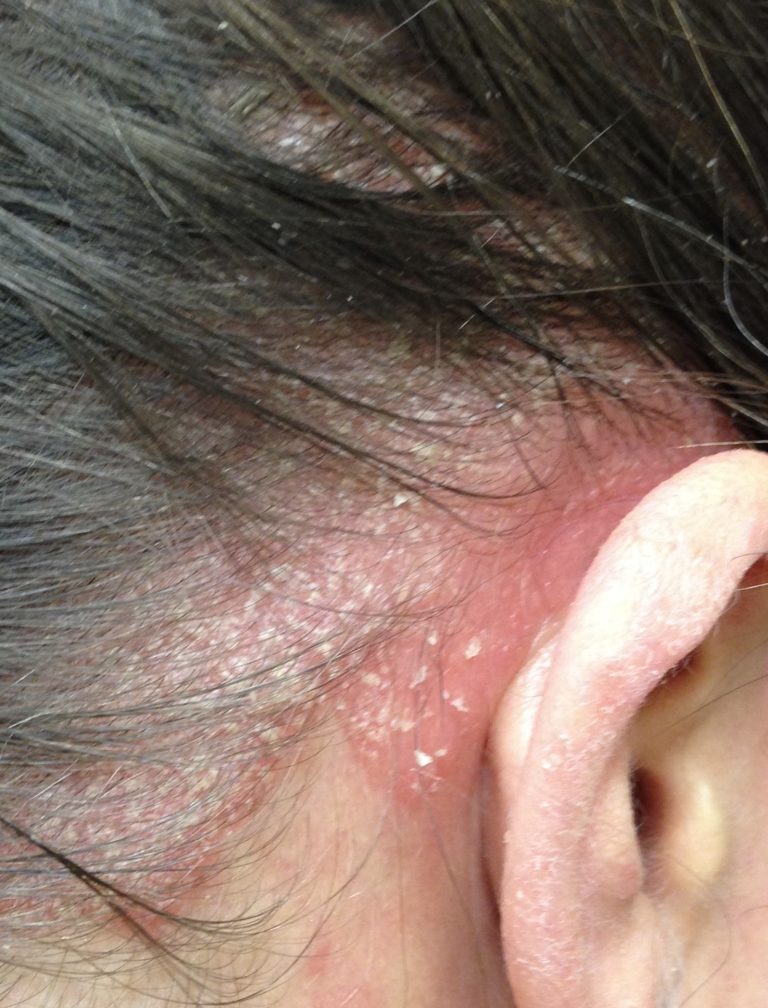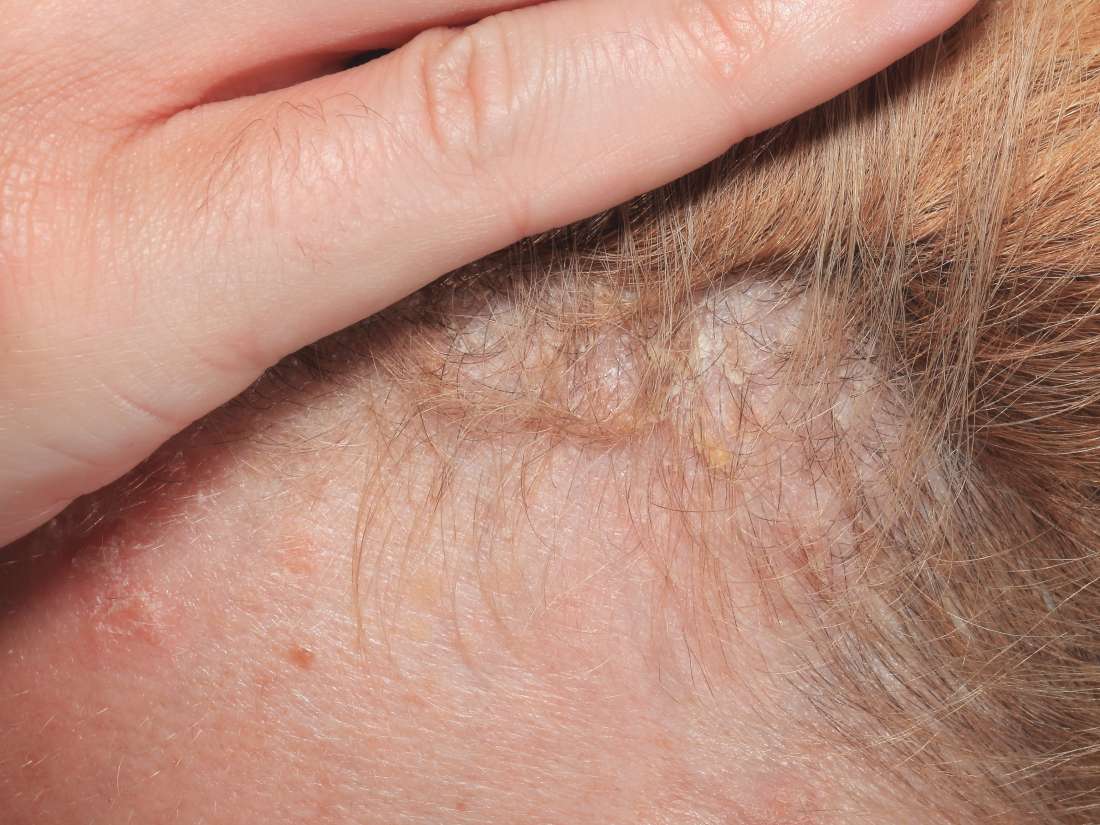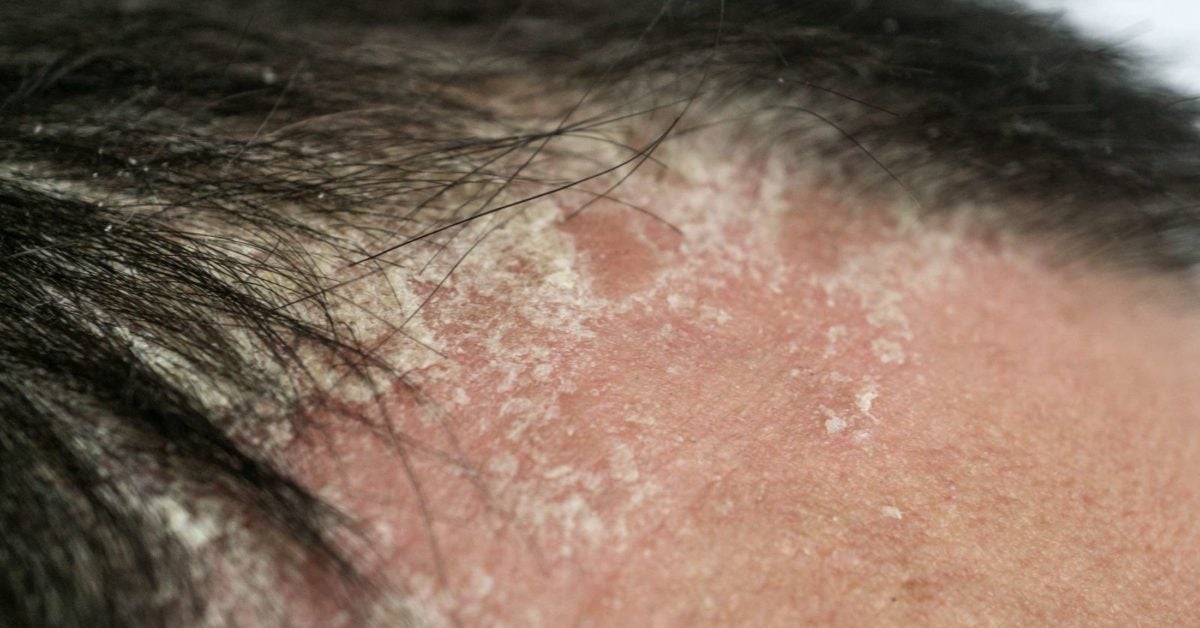Table Of Content

“Adding it to my conditioner really helps with redness and flakiness,” said one member. Talk to your doctor before using any alternative or complementary therapies. Hair loss can occur for other reasons, such as thyroid disease, so it’s important to discuss this symptom with your dermatologist. Also, ointments and creams may not spread easily on the scalp, so a person may prefer a spray, foam, or gel option if these are available. To avoid irritation, dilute the vinegar with water in equal parts. Doctors warn against using vinegar on areas of open skin.
How psoriasis develops

In psoriasis, the life cycle of your skin cells greatly accelerates, leading to a buildup of dead cells on the surface of the epidermis. Here's some information to help you prepare for your appointment and know what to expect from your health care provider. Explore Mayo Clinic studies testing new treatments, interventions and tests as a means to prevent, detect, treat or manage this condition. In psoriasis, that immune activity causes new skin cells to grow faster than you need them.
Scalp Psoriasis vs. Dandruff: What's the Difference? - Good Housekeeping
Scalp Psoriasis vs. Dandruff: What's the Difference?.
Posted: Tue, 28 Dec 2021 08:00:00 GMT [source]
Scalp Psoriasis Symptoms and Risks
Navigating Black Hair and Scalp Psoriasis - CreakyJoints
Navigating Black Hair and Scalp Psoriasis.
Posted: Wed, 10 Aug 2022 07:00:00 GMT [source]
Options include creams and ointments (topical therapy), light therapy (phototherapy), and oral or injected medications. Your hair makes treating scalp psoriasis more challenging than treating psoriasis elsewhere on your body. But you still have several options, including topical treatments, systemic drugs, phototherapy, diet, and self-care.
Shampoo for a Dry and Flaky Scalp
It’s important to know that scalp psoriasis is not contagious and cannot be spread from one person to another. When a person sees a dermatologist, it is rare to suffer from scalp psoriasis for long. Some people get relief from a medicated shampoo or solution. Scalp psoriasis is an autoimmune skin condition that may cause dry, scaly patches to develop at the back of your head or around your hairline. Some home remedies may help relieve your symptoms of scalp psoriasis when used alongside medical treatments. If you have difficulty clearing your scalp psoriasis, be sure to make an appointment to see a board-certified dermatologist.
If you are looking for OTC products to try, check out NPF's Seal of Recognition program. These products have been created or are intended to be non-irritating and safe for people with psoriasis. If you have what feels like razor bumps or acne on the back of your neck or scalp, you may have acne keloidalis nuchae. These dermatologists' tips tell you how to protect your skin. On the other hand, seborrheic dermatitis is likely due to a reaction to a yeast that lives on your skin or from excess sebum production, which is an oil the skin makes.
What medications or treatments are used to treat scalp psoriasis?
Among those affected by psoriasis, approximately 80% experience scalp involvement. A bad sunburn can increase inflammation or a flare-up of psoriasis on your scalp, so remember to wear a hat when you’re outdoors. But for more difficult cases, there are also handheld laser treatments and steroid injections available. To avoid picking or unintentionally scratching your scalp, keep your fingernails trimmed. “As you’re rubbing or scratching your scalp, it’s causing your hair to break,” says Dr. Warren.
It’s important to use any medications or treatments as directed by your healthcare provider, even if your plaques go away. Certain foods or drinks may contribute to scalp psoriasis flare-ups. If you have scalp psoriasis, it’s a good idea to keep track of what you eat and drink in a food journal. Keeping track of what you eat and drink can help you and your healthcare provider determine any causes of your flare-ups. Your healthcare provider will examine your scalp and the remainder of your skin to look for signs of psoriasis.
In general, check with your doctor before you try natural remedies. Treatment is usually effective and helps lower the visibility of your symptoms. Keep reading to see what scalp psoriasis looks like and to learn more about the treatments. Although scalp psoriasis affects just a small area of the body, it can have a huge impact on self-esteem and well-being. Members of MyPsoriasisTeam often discuss how this disease affects their lives.
Medical treatments
These can help clear some of the scales without damaging your hair. The skin cells on your scalp grow too quickly and make powdery or thick scales called plaques. Phototherapy is an effective psoriasis treatment that involves regularly exposing the scalp to UV light, using a special tool that emits UVB rays.
Additionally, lifestyle changes such as stress reduction, a healthy diet, and avoiding triggers such as alcohol or tobacco may also help manage symptoms. Treatment for scalp psoriasis may include OTC or prescription shampoos, gels, and ointments, as well as oral medications, injectable medications, and at-home remedies. Like psoriasis, seborrheic dermatitis may also affect the scalp. However, while some of the treatments for these conditions may overlap, the conditions themselves have different causes. In scalp psoriasis, these skin plaques usually affect the back of your head and your hairline. However, they may develop anywhere on your scalp, including your forehead and the back of your ears.
The buildup of new cells replacing old cells creates thick patches of skin. If you have mild scalp psoriasis in a few areas, your doctor or dermatologist may consider intralesional steroid injections. They’ll use a small needle to inject medication into scalp plaques to reduce inflammation.
If you have very thin hair or a shaved head, your doctor may recommend that you go out in natural sunlight for brief periods. Medicated shampoos are available in coal tar and non-coal tar varieties. Some OTC shampoos have menthol or phenol creams as an active ingredient. You can use these daily for scalp plaques, but follow the directions. Baldness is often hereditary, and is activated by a shift in your hormones.
The presence of psoriasis on other areas of the body usually helps dermatologists make a diagnosis, although a skin biopsy for a lab test can confirm it. “If your hair is drier than usual during your treatment, allowing it to air dry is preferred,” notes Dr. Warren. Gently comb your hair and don’t try to use the bristles of your brush or comb to forcibly lift the scales on your scalp. Concentrate on your hair itself and don’t apply too much pressure when combing, washing or drying. Anyone considering a complementary therapy should speak with a doctor first.
Topical treatments include medicated psoriasis shampoos, topical steroids, and tars as well as prescription topicals. Because the hair is in the way, treating the scalp with topical treatments is not always easy. Talk with your dermatologist about how you normally care for your scalp including how frequently you wash your hair. These conversations are important in making the right treatment decision for you. Symptoms may include fine scaling that looks like dandruff or appear as thick, crusted plaques that cover the entire scalp.
Conversely, Humira might not be a good choice if you have inflammatory bowel disease. Sotyktu (deucravacitinib) is a new oral medication for moderate to severe psoriasis. It is a Janus kinase (JAK) inhibitor that inhibits an enzyme that promotes inflammation.















